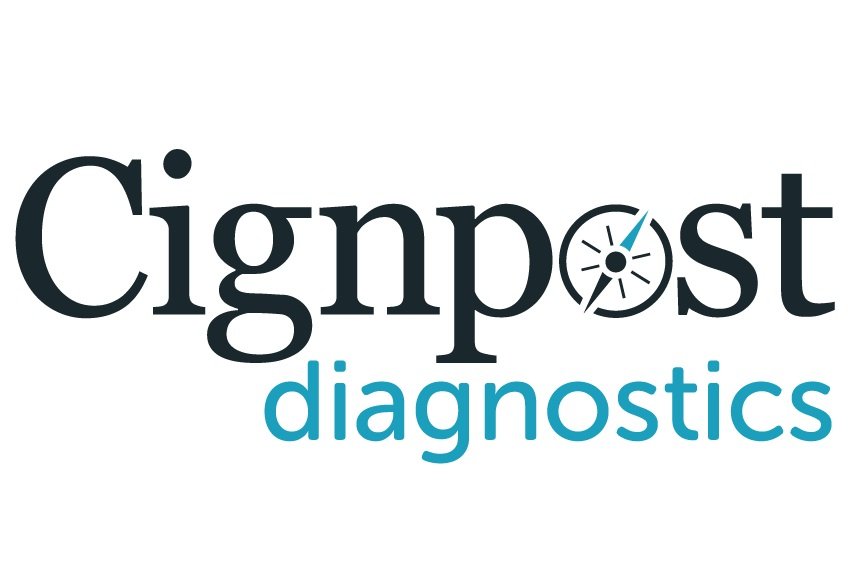What the ending of the Restart Scheme means for the UK film industry
From travel to hospitality, many parts of the UK economy suffered a severe financial hit during the pandemic. Yet one sector that not only survived but thrived during the pandemic was the UK’s TV and film industry. A staggering £4bn was spent in 2021 on film and TV productions in the UK, almost double the figure prior to the pandemic.
This success can be attributed to two key developments. First, the Government’s Production Restart Scheme (PRS) ensured that any outbreaks or cancellations due to COVID would be covered by the Government. Second, the development of flexible COVID testing programmes that gave maximum protection to all those working on film sets and minimised interruptions to filming. Consequently, Britain was seen as an attractive place for filming without the COVID related risks in other markets. Shows such as Peaky Blinders, Killing Eve, and Gangs of London were just a few of an eclectic mix of the productions supported by the Restart scheme.
Following the news that the Government's Production Restart Scheme will not be renewed and with existing cover lasting only until the end of June, many UK film productions commissioned for 2022 are rightly concerned about their futures, especially smaller production units that cannot afford to self insure for future COVID interruptions.
Over recent weeks, Cignpost Diagnostics has identified some worrying trends in terms of COVID infectivity from Omicron variants. There is evidence that people contracting COVID are now infectious for longer and Omicron is very significantly more contagious than previous variants. High levels of vaccinations in the UK are critical to providing protection against the worst impacts of COVID, though the number of hospitalisations have still to fall dramatically. It is also possible to catch the virus on multiple occasions. More concerning still is that there is the ever present danger of a new variant and, over the last two years, infections have risen sharply in the Autumn. The result is that, while COVID is clearly not the threat it may have been in 2020, an outbreak on a film set could have serious financial implications if that were to lead to shutdowns or lengthy interruptions in filming. Without the protection of the PRS and no private sector insurance available, it has left many in the industry uncertain about the best ways to minimise any detrimental impact. The desirability of the UK as a filming location is also potentially at risk.
At some point, commercial insurers will be able to step into the breach to offer COVID related insurance. But it is understandable, until the future direction of the virus is clearer and with new variants possible, that a replacement to the PRS is some way from being available - and it is likely to be much more limited in scope and scale, leaving some productions unprotected. This particularly affects smaller budget, independent films who often require insurance to secure investment and funding.
While Covid measures have added cost to production budgets, the cost of not having them in place has the potential to be far greater, so many producers are in active conversations about what kind of testing packages would provide maximum benefit for minimum cost. In addition, many of those working on film sets, particularly if they are unable to be vaccinated or are in a vulnerable category, want to ensure that their working environment is as safe as possible. Cignpost is continuing to work with many of the most prestigious names in the industry, having helped protect over 200 different productions through gold-standard testing since the start of the pandemic.
If you think you require help from a COVID-19 company specialising in the world of TV and film for an upcoming shoot, we would love to speak to you.
